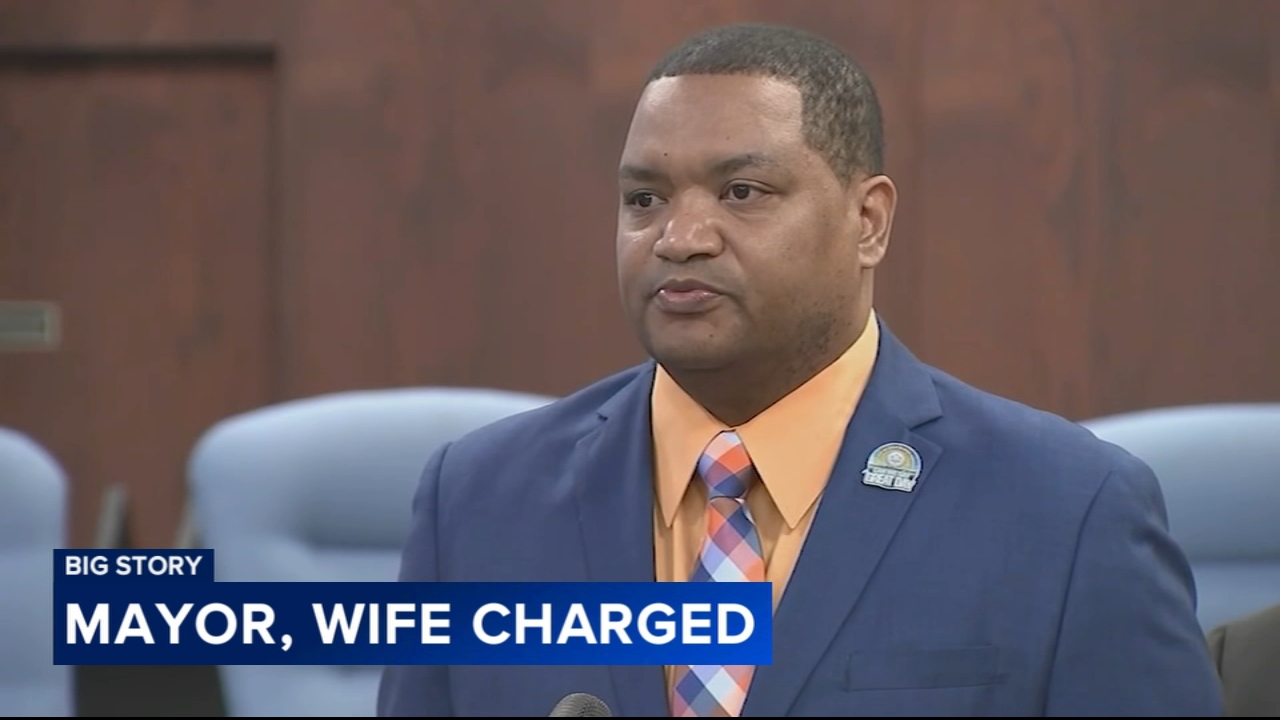Local fertility center reassures patients after problems in Calif., Ohio

BRYN MAWR, Pa. (WPVI) -- As the fallout continues over the storage tank malfunctions at fertility centers in California and Ohio, a local fertility center is working to assess its procedures and to reassure patients.
Main Line Fertility is one of the region's busiest fertility centers.
Action News spoke with the team there about measures they take to prevent problems and safeguard thousands of frozen eggs and embryos.
Laboratory director Sharon Anderson, Ph.D., says there are strict policies and procedures for every step at Main Line Fertility.
Recently, they sent a letter to patients, regarding the rare malfunctions at fertility centers in California and Ohio, and the storm-related power outages in our area.
"I felt empathy, I felt empathy for those centers," says Doctor John Orris, D.O., a partner at Main Line Fertility.
Dr. Orris knew his patients would have questions, so Main Line Fertility wanted to be proactive and explain steps they take to try to prevent a similar problem.
Anderson showed us an extra storage tank in the lab -
"As part of our protocol, in case there ever would be a failure with one of our full tanks we would removed all the cryopreserved or frozen embryos from that tank and put it into this empty tank," she noted.
But she says even before this back-up layer, all storage tanks are visually checked twice a day.
"And the temperature sensor is located right here," she showed us.
The center's tanks are not powered by electricity, so aren't affected by power outages.
The tanks also have 2 different alarm systems which measure temperatures at different levels in the tank, and notify the embryologists immediately if there's a change in temperature.
Rather than relying on an automated system, staffers manually fill the tanks on a weekly basis.
"We fill the tanks with liquid nitrogen which maintains the temperature at minus 196 Celsius," said Anderson.
Those tanks are also replaced every 5 years, compared to the industry standard, which is 10 years.
Doctor Orris says it's the human component that provides an extra layer of protection with a team that helps preserve all eggs, embryos and sperm.
"Our philosophy is to continue to internally invest in our institution and because of that we spend a lot on human resources and technology," he noted.
For the equipment that runs on electricity, Main Line Fertility has back-up generators, which kicked in during last week's storm.
For patients, Doctor Orris says if you're working with a fertility center, don't just research the doctor, also ask about the team and the lab protocols.
He says what happened at the other centers is devastating, however, he hopes patients nationwide don't lose trust in the fertility industry.




